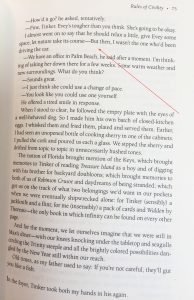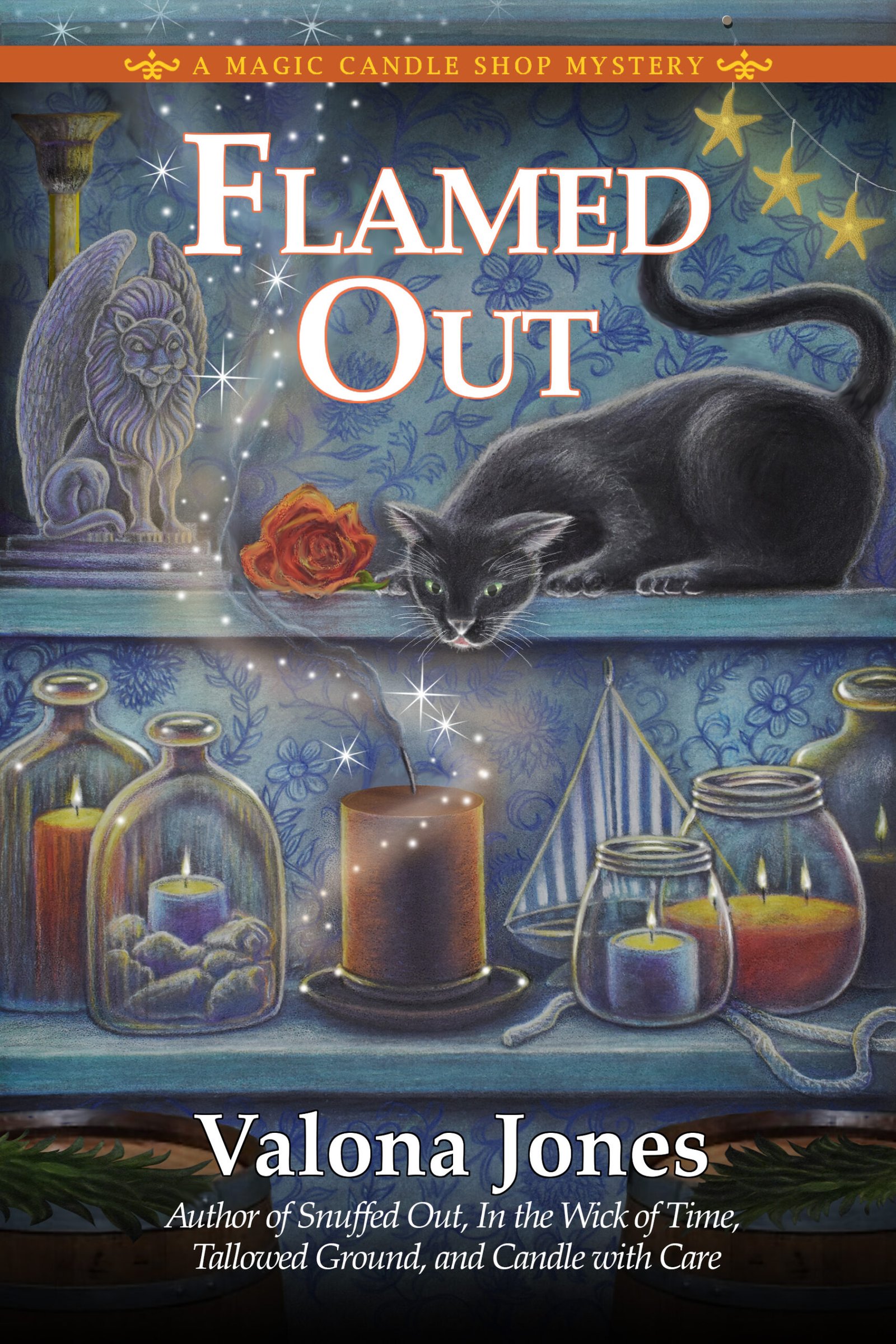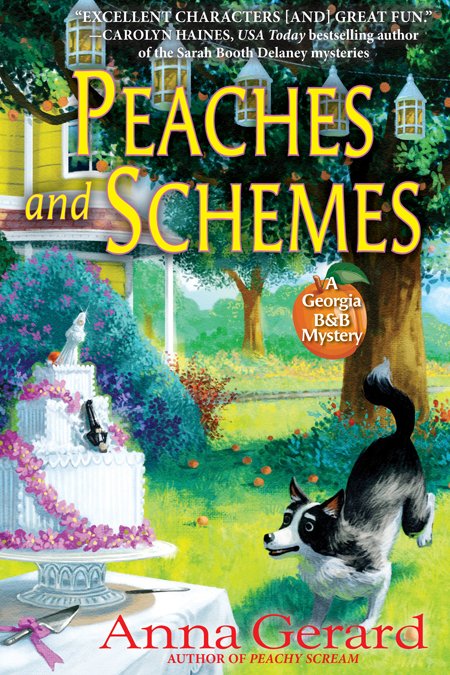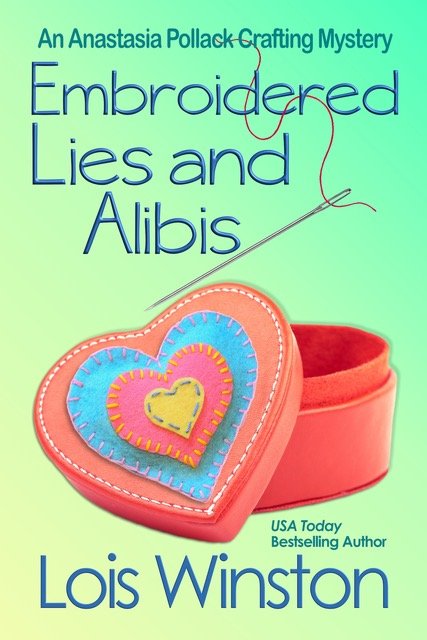Let’s Talk with Terry Odell
When Can You Ignore Convention? by Terry Odell
Authors are readers. I belong to a book club and their choices normally force me out of my comfort zone because my reading tastes lean to mysteries of all kinds. (I consider romantic suspense in the broad scope of mystery.) However, the ladies of Book Club tend to come up with a much wider variety of genres and topics, and I’m usually game to try them. Usually.
I confess, I didn’t read Hamilton when that was the monthly pick—one thing I’ve learned is that I’m not under any kind of obligation to finish a book just because I started it—and I read the first couple of pages of that one and decided I had better things to do with my time.
The next month’s pick was a memoir, and I found it interesting that I was one of the few who took into account the author’s writing over the plot. After all, she didn’t make the story up, but she did have an obligation to write it well. She had a co-author and you’d think between the two authors and the editor, it would have been stronger.
The most recent club selection was Literary Fiction, another genre I tend to avoid. Although the book (Rules of Civility, by Amor Towles) is highly acclaimed, I found the “beautiful” prose to be distracting. And, as is often the case in literary fiction, the conflict and stakes don’t matter the way they do in commercial, or genre fiction. Not a page turner, in other words.
But what really got me was the way the author (and his editor and publisher, obviously) decided there was no need to follow traditional conventions of dialogue.
I won’t go into detail, but the rules say when someone’s speaking, you put that stuff inside of quotation marks. For example, “Let’s go shopping,” Mary said.
And if Mary keeps talking, you use quotes again: “Let’s go shopping,” Mary said. “There’s a sale at Macy’s.”
This book however, uses dashes—Dashes—to signify speech, and if a character continues to talk, there’s not another dash to clue the reader in. And in the narrative, the author also uses dashes, which have nothing to do with dialogue. You can see what I mean in the image for this post. (click to enlarge)
It’s driving me nuts.
What about you? Do you care about authors changing the rules?
Have you read any books that violated convention? Did it bother you?
<> And while you’re here, remember to enter our Gift Card Giveaway which runs October 1-18, 2018. Click HERE! <>
Posted in Let's Talk, with Terry Odell, zed: Former Authors • Tags: BLB Discussion, dialogue, literary conventions, Terry Odell | 16 Comments








No, I think there are conventions for a reason. Rules? Yes, those might be broken with minimal fuss, but conventions? I still stutter a bit over UK writers who use one quote instead of two for speech!
And I’ll bet the Brits feel the same way about how we use double and single quotes the “wrong” way. I recall when Faye Kellerman was speaking at Left Coast Crime, she said her son, at about age 15, I think, wanted to collaborate on a story, but he didn’t want to use quotation marks, and she tried to explain they were needed so people would know when someone was speaking. He said, “I’ll use italics.”
I like the conventions for my own selfish reading speed. That said, if an author is going to flaunt the rules — bust them in a big way. A major part of my enjoyment of THE ROAD by Cormac McCarthy is the blatant disregard for conventions. I enjoyed the freedom to explore the prose using my own interpretation.
I’ll have to go look at that one, Cheryl. I made a comment about another book we’d read for book club, about how the speaker “owns” the paragraph, and having several speakers in one paragraph drew me out of the story, but the others in the group–readers, not writers–were unaware of that convention and never noticed. Sometimes I think it’s sad that as a writer, I can’t enjoy a book the way I used to.
Nope, I wouldn’t finish that book. I’d be forever distracted by the dashes, wondering if someone was speaking, or not. It would pull me from the story constantly. When I read, I want the “writing” to disappear so I can be immersed in the story world.
Exactly, Luanna. Keep me immersed in the story and the characters, not mechanics.
Yes, those dashes would bother me greatly. Just as I prefer past tense in stories I read, but I will tolerate the present tense if it’s done well so I don’t notice. Also some books alternate viewpoints between third person and first person. Again, if done well, this can work. But it is noticeable, making me pause at each transition. I prefer a story that flows seamlessly but these different techniques can have appeal if used skillfully.
If I’m thinking about the writing instead of the characters and story, I’m not going to finish the book. A agree about present tense. Linda Castillo is an author who handles it well, and I don’t notice it, but in other books, its as if there’s a wall between me and the story. Logically, present should make things immediate, but instead, I find it distancing.
I’m of the opinion that anything that pulls the reader’s attention away from the story is a bad deal. This would have driven me nuts.
Yep – It seems being “clever” or “innovative” was wasted on me. I kept trying to follow who was speaking instead of the story.
Yes, that kind of thing annoys and bothers me. I’m even bothered when single “quotes,” actually apostasies, are used instead of real quotes. So, dashes would be very distracting, so distracting, I probably wouldn’t read the book. Now off to check the first two pages of Hamilton.
You’ll have to let us know what you think. I was never a good history student, so between the length and the topic, I gave it a pass.
Ugh, I feel your pain. I don’t care for “precious” styling in books. Quirky punctuation and line spacing, and don’t get me started on present tense (I’ve read maybe two authors who do it well enough that I can read their books through). Guess I’m a stick-in-the-mud traditionalist when it comes to writing style. 🙂
I learned this stuff in high school, and I see no reason to change! The one concession I’ve made is one space after a period. It took a LONG time to get over the automatic two spaces from typing class. I used to just do a find/replace when I was done, but my fingers are now trained to type one space without conscious thought.
Like you, I tend to stick to mystery books or romantic suspense because I like page-turners. It took me a long time to learn the punctuation rules so it would gall me to see somebody blatantly disregarding them. This is how we know we’ve become dinosaurs.
I prefer to think of myself as a saber-tooth cat, not a dinosaur. But I agree, breaking those rules seems to add one more distancing factor for the reader as they have to leave the story to deal with understanding the mechanics.